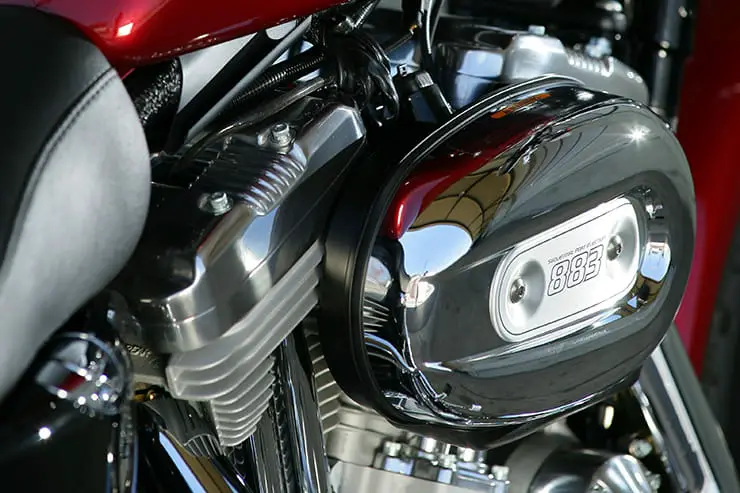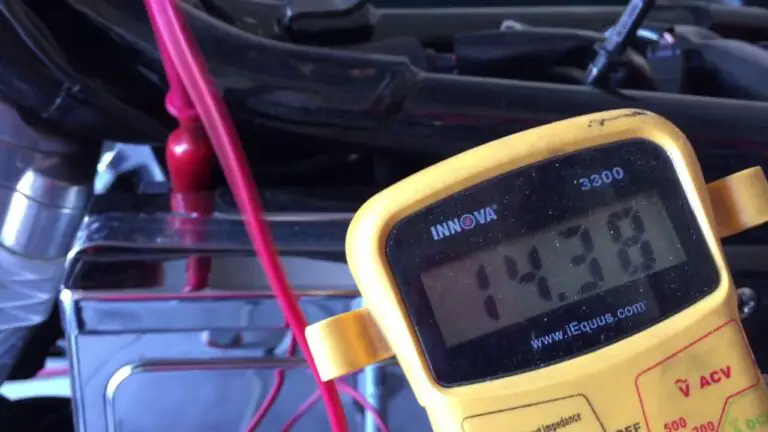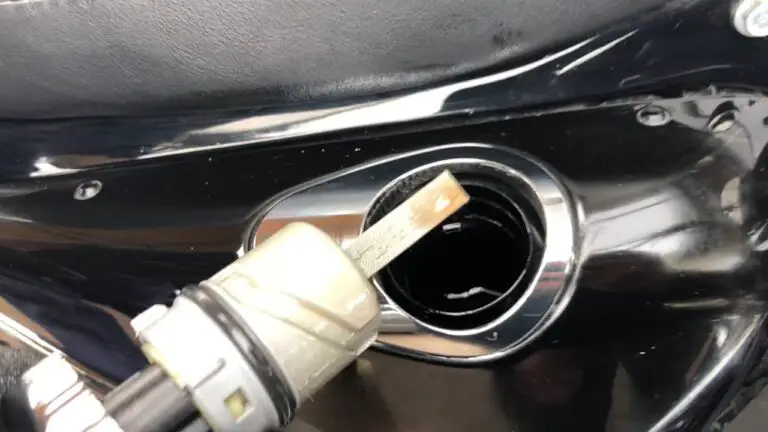Welcome to our blog where we make car topics easy to understand!
Today, we’re talking about hydraulic lifters in cars.
What Are Hydraulic Lifters?
In an engine, hydraulic lifters help keep it quiet.
They use oil to adjust and take up space between parts.

Credit: forums.pelicanparts.com
Why They Won’t Pump Up
Sometimes, new hydraulic lifters face a problem.
They may not fill with oil, or “pump up”, as they should.
This can make your engine noisy or even damage it.
Common Problems
Let’s look at some reasons why this might happen.
- Dirt or Debris: Sometimes, small bits of dirt block the oil passages.
- Oil Pressure: If oil pressure is low, lifters can’t work right.
- Wrong Installation: Putting them in the wrong way can cause issues.
- Defective Lifters: Sometimes, new parts might not be made right.
How to Fix Them
Here are steps to help fix lifters that won’t pump up.
- Check for Dirt: Make sure oil passages are clean and clear.
- Verify Oil Pressure: Ensure your engine has enough oil pressure.
- Correct Installation: Make sure lifters are put in the right way.
- Replace if Defective: If a lifter is bad, you may need a new one.
Checking Oil Passages for Dirt
Clean oil helps your car run smoothly.
Use a cleaner to wash away any dirt in oil passages.
Ensuring Enough Oil Pressure
A gauge can tell you if your oil pressure is good.
Your car manual will say what pressure is best.
Installing Lifters Correctly
Each lifter must sit just right in its spot.
Check a repair manual or ask an expert for help.
When to Replace a Lifter
If a lifter is made wrong, it won’t work.
A mechanic can tell if you need a new one.
What Happens if You Don’t Fix It?
Your car might get louder.
Parts of the engine could wear out faster.
It’s smart to take care of lifter problems early.

Credit: www.youtube.com
Frequently Asked Questions On New Hydraulic Lifters Won’t Pump Up
Why Won’t New Hydraulic Lifters Pump Up?
New hydraulic lifters may not pump up if they are improperly primed, there is insufficient oil pressure, or if there’s an issue with the lifter itself.
How To Prime Hydraulic Lifters Correctly?
To prime hydraulic lifters, submerge them in oil and manually compress them until air bubbles cease and they are filled with oil.
Can Faulty Lifters Cause Engine Damage?
Yes, faulty lifters can lead to engine misfires, increased wear, and potentially severe engine damage if not addressed promptly.
What Are Signs Of Lifter Failure?
Signs include tapping or clicking noises, loss of engine power, increased fuel consumption, and sometimes visible wear upon inspection.
Conclusion
Remember, healthy lifters make for a happy engine.
With these tips, your car can run smoothly and quietly.
If you’re ever unsure, ask a pro for help.
FAQs About Hydraulic Lifters
| Question | Answer |
|---|---|
| Can I fix lifters myself? | Yes, if you know about cars and have tools. |
| How often do lifters fail? | Not very often, but check them if your engine’s noisy. |
| Are hydraulic lifters expensive? | They can be, but not as much as a new engine. |




